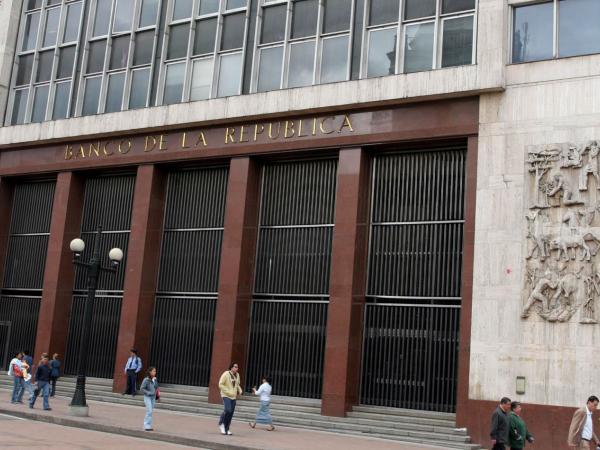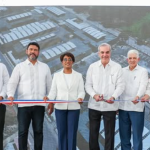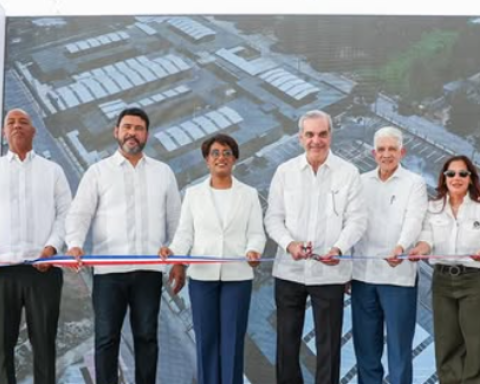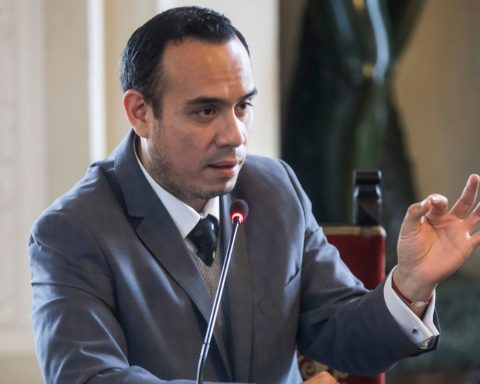The Political Constitution of 1991 transformed the monetary board of the Bank of the Republic in the current board of directors, as highest monetary authorityforeign exchange and credit, which acts independently of the Government, and is made up of seven members.
In the last week, the declarations of the presidential candidate Gustavo Petro put the Issuer’s board in the public eye. In a dialogue with Portafolio, the senator assured that “the objectives of the Banco de la República are not exclusively to maintain the purchasing power of the currency, that is, to fight against inflation, but rather production and employment in Colombia,” and criticized the autonomy of the board for the appointments of President Iván Duque.
(Petro attacks Banco de la República and says that he would reform).
According to the Issuer, the Constitution established that the main objective of monetary policy is “preserve the purchasing power of the currency, in coordination with the general economic policy, understood as one that tends to stabilize the product and employment at their long-term sustainable levels“. And for that, adopts the measures it deems necessary to regulate the liquidity of the economy.
The former co-director of BanRep, José Antonio Ocampo, assured that “the main responsibility of the Issuer is to control inflation, but it must coordinate its monetary policy with the general economic policy”, and clarified that “the board is not responsible for employment, but you have to consider the effect of monetary policy, you can’t ignore it”.
Ocampo mentioned that in response to a lawsuit in 1999 regarding the issue of unemployment, “the Constitutional Court decided that the main responsibility of the bank is inflation.” Said sentence, C-481, indicates that “the board of the Banco de la República, although its basic purpose is to preserve the purchasing power of the currency (CP, art. 373), cannot however be indifferent to the results of its decisions on employment and growth, that you must explicitly take into consideration.
(Duque reiterates call to the Issuer in the face of a rate hike).
THE ROLE OF THE ISSUER
This issue has generated multiple views on the role and responsibilities of the Central Bank.
Leopoldo Fergusson, director of the Center for Studies on Economic Development (Cede) of the Andes and professor at the Faculty of Economics, maintained that “the mandate does not have a first-order problem to justify a constitutional change, since the primary objective of the bank is the inflation protectionbut it does not do it blindly, but rather in coordination with macro policy”.
Fergusson acknowledged that the bank “has measures for that”, because the finance minister is part of the board, and that this facilitates coordination for the government for general macroeconomic management.
On the contrary, Jorge Espitia, professor at the National University and researcher at the Fiscal Policy Thinking Center, pointed out how the functions of other central banks are broader and those of the Issuer could be reviewed.
“Among the functions of the US Central Bank is to preserve employment and growth, and inflation, both. In the case of the Colombian Bank, there is only one objective: inflation. Controlling only inflation with unemployment levels all it does is have economic growth that impoverishes the poorest,” he said.
Luis Fernando Mejía, director of Fedesarrollo, assured that “the BanRep must not only ensure the capacity of purchasing power through the control of inflation, but also by the economic growth and employment. Modern central banks, including BanRep, explicitly include these elements in their objective function, and refer to these and other variables, such as the fiscal deficit, the external deficit, and the stability of the payment system, when making monetary policy decisions and would change”.
(Colombia, among the fastest economic recoveries in the region).
THE BOARD OF DIRECTORS
With the formation of the board in 1991, it was also defined that the co-directors and the manager have fixed periods of four years, extendable twice, with which they can remain in office for up to twelve years. And two of the five co-directors are replaced by the president every four years, once the presidential term is halfway over.
With the re-elections of Álvaro Uribe and Juan Manuel Santos, as well as the resignation of some co-directors in the last government, the pace of appointments changedand the current co-directors have all been appointed by Iván Duque.
Fergusson assured that a recent problem that he sees is that “every registered norm must be accompanied by a social norm that interprets it, and in the case of President Duque, that spirit has been violated by making appointments that contrast with the tradition of many and with the message of independence from the Bank of the Republic”.
The expert assured that the president’s efforts to make ex-minister Alberto Carrasquilla manager of the Issuer and then appoint him as co-director after having left in the midst of a complex policy, “did credibility to the bank’s spirit of independence, without criticizing Carrasquilla directly. ”.
For his part, Luis García Echeverría, former dean of economics at the Javeriana University, considers that the bank is “a little less technical now”. According to the economist, although “very good and capable people have joined the board, they do not have the technical profile to be co-directors of a central bank, because they do not have the level of training or experience in formulating public policies.” García also assured that “the fact that a president appoints more co-directors than he should, damages the neutrality and rigor of the board.”
LAURA LUCIA BECERRA ELEJALDE
BRIEFCASE

















